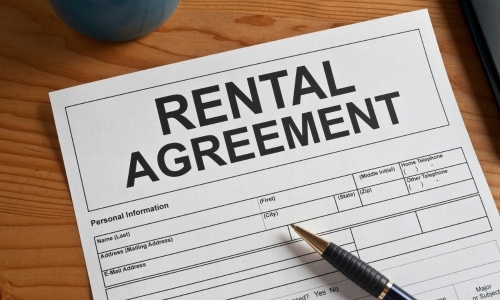
Renting shouldn’t feel uncertain
Whether you’re new to renting or have been in your home for years, knowing your rights as a tenant can bring a huge sense of reassurance. The good news? 2025 has seen several updates to make renting fairer, safer, and more balanced.
Here’s a jargon-free guide to what you need to know to protect your peace of mind and your home.
You’re more secure than ever
One of the biggest shifts this year is the ongoing move toward longer-term security. The proposed abolition of Section 21 “no fault” evictions means that once you're in a periodic tenancy, your landlord must provide a valid reason to ask you to leave. This helps create a more stable and predictable experience for tenants who look after their homes and pay their rent on time.
If you’re already renting, your current contract still stands but many landlords and agents are now offering longer agreements with more flexibility to reflect the coming changes.
Your home must meet safety and quality standards
You have a legal right to live in a safe, well-maintained home. That includes working smoke alarms, gas and electrical safety checks, and a property that’s free from damp and hazards.
This year, there’s growing emphasis on energy efficiency. While landlords are responsible for ensuring the property meets the minimum EPC (Energy Performance Certificate) rating, it’s also okay for you to ask how the home performs especially if heating bills are a concern.
You have a say on your space
While you may not own the property, you still have rights over how you live in it. That means:
- You must be given 24 hours' notice for any visits from the landlord or agents
- You can ask for reasonable adjustments or improvements, such as curtain rails or safety features
- If agreed in writing, you can request small personalisations (like painting a room or hanging shelves)
A respectful relationship with your landlord goes both ways. It’s about keeping the home in good condition while making it feel like your own.
Deposits, disputes, and protections
Your deposit must be registered with a government-approved scheme. You’re entitled to know which one, and you should receive confirmation within 30 days of moving in. When it comes to getting your deposit back, any deductions must be clearly explained, and if there’s a disagreement, the deposit scheme offers free dispute resolution.
Don’t be afraid to ask questions
If something doesn’t feel right, or you’re unsure about any part of your agreement, it’s okay to ask. A good landlord or letting agent will welcome open communication. And if you need extra support, your local council or Citizens Advice can guide you.
Have questions about your tenancy? Let us help you rent with confidence in 2025
